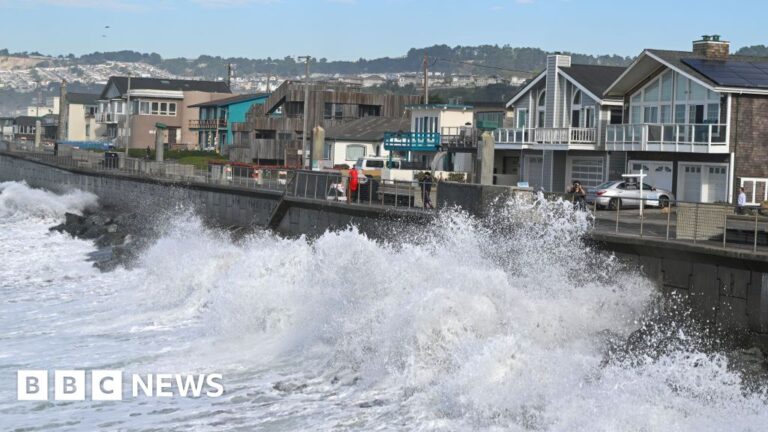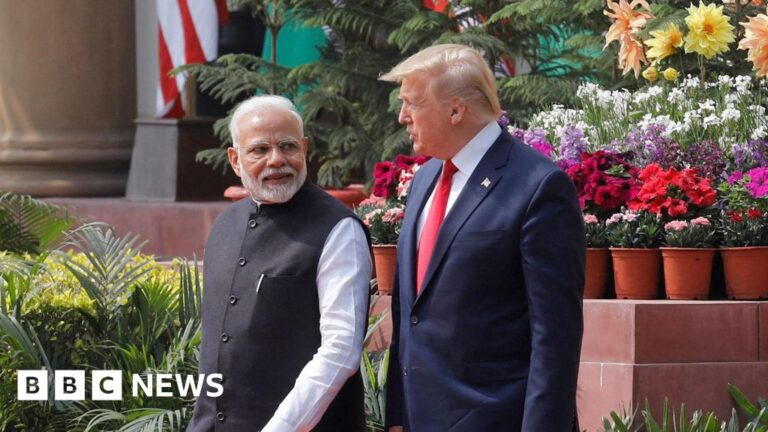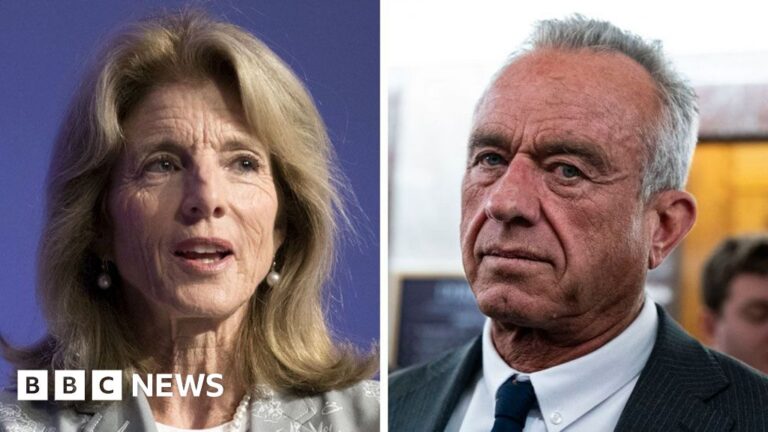The long-sought, tortuously negotiated Gaza cease-fire deal announced on Wednesday came about in part through a remarkable collaboration between President Biden and President-elect Donald J. Trump, who temporarily put aside mutual animosity to achieve a mutual goal.
The two presidents directed their advisers to work together to push Israel and Hamas over the finish line for an agreement to halt the fighting that has ravaged Gaza and release hostages who have been held there for 15 months. The deal is set to start on Sunday, the day before Mr. Biden turns over the White House to Mr. Trump.
Each president had his own interest in settling the matter before Inauguration Day. For Mr. Biden, the deal, if it holds, represents a final vindication on his watch, what he hopes will be the end of the deadliest war in the history of the Israeli-Palestinian conflict while freeing Americans as well as Israelis from captivity. For Mr. Trump, the deal, for now, takes a major issue off the table as he opens a second term, freeing him to pursue other priorities.
The dramatic development, just five days before the transfer of power in the United States, cut against the natural grain in Washington, where presidents of opposing parties rarely work in tandem during a transition, even in the face of a major crisis. But the political planets quickly returned to their normal orbits as both sides argued over who deserved credit for resolving the standoff.
Mr. Biden waited for official word to come from the region, while Mr. Trump got the jump on him by disclosing the deal himself in an all-caps social media post. “This EPIC ceasefire agreement could have only happened as a result of our Historic Victory in November,” he added soon afterward.
By the time Mr. Biden appeared before cameras at the White House later in the afternoon, he was more gracious, noting that the two teams spoke with one voice. But he bristled when asked who merited credit, he or Mr. Trump. “Is that a joke?” he asked.
Mr. Trump’s desire to force a deal went beyond his trademark public threats and extended to constructive assistance on the ground. He authorized Steve Witkoff, his longtime friend whom he picked as special envoy for the Middle East, to work with Brett H. McGurk, his Middle East coordinator, to press negotiators to finalize the agreement.
The deal that was finally agreed to was essentially the same one that Mr. Biden had put on the table last May and that his envoys, led by Mr. McGurk, had worked painstakingly to make acceptable to both sides.
At the same time, Mr. Trump’s impending return to power and his blustery threat, that “all hell will break out” if the hostages were not released by the time he was sworn in, clearly changed the calculations of the warring parties. Prime Minister Benjamin Netanyahu of Israel, the beneficiary of so much support from Mr. Trump during his first term, could not take for granted that the new president would back him if he prolonged the war during his second term.
Source link




